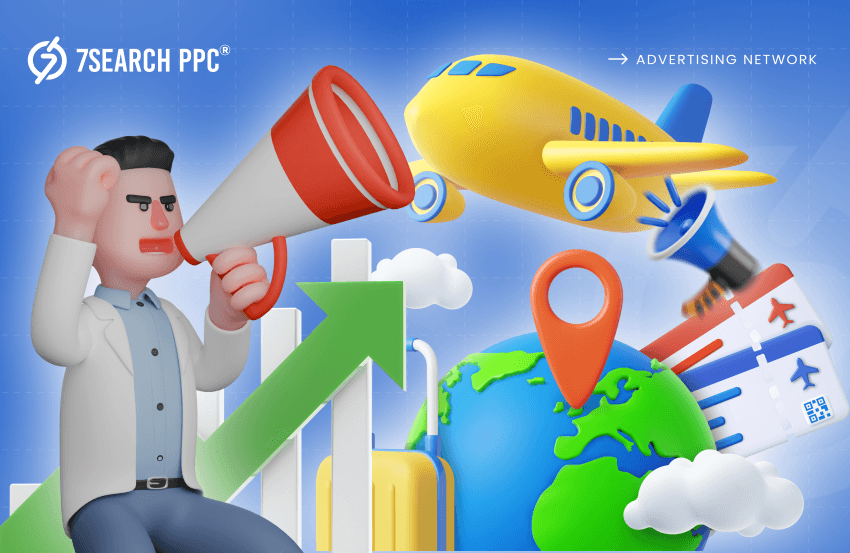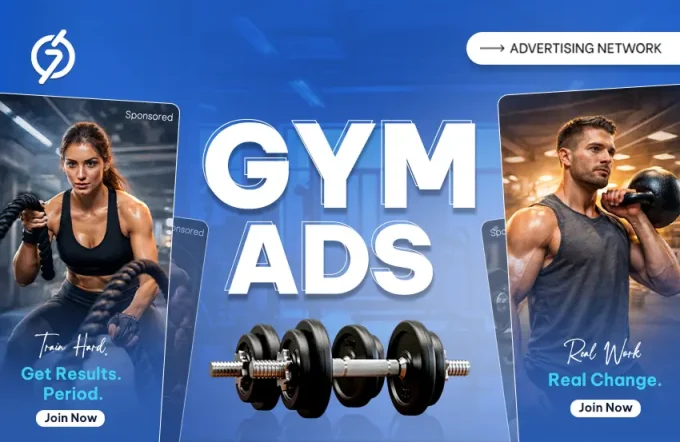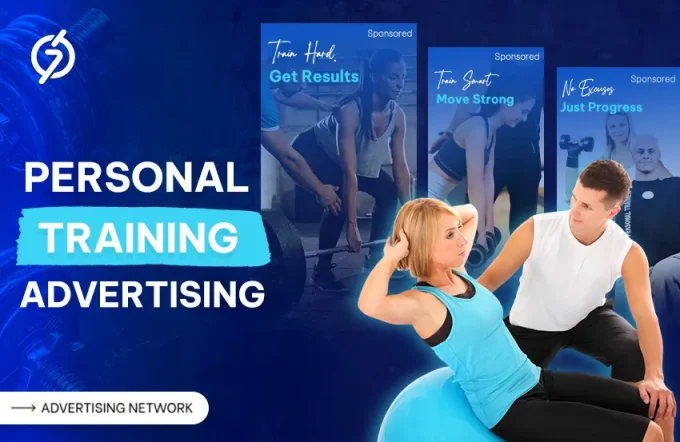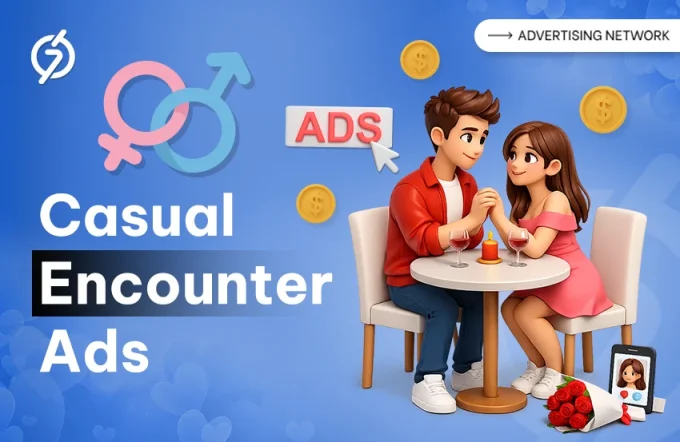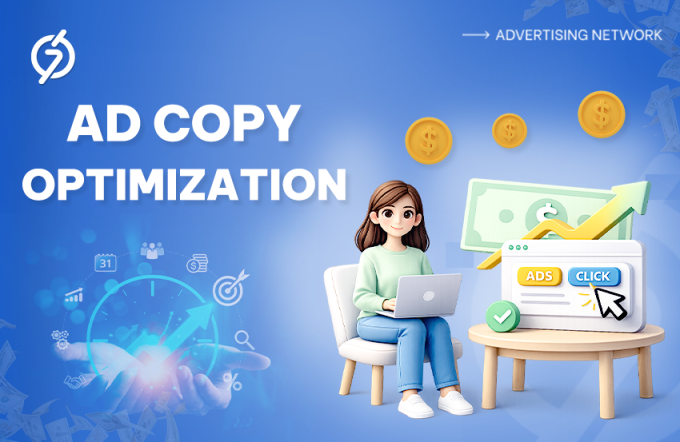Welcome to PPC for Travel Industry – the blog that’s got your back for all things related to online advertising and the world of travel advertising. So, are you tired of watching your competitors steal all the attention and bookings while your website lingers in obscurity? Do you want to attract more customers and increase your revenue without breaking the bank? If so, it’s time to consider pay-per-click (PPC) advertising.
PPC is a robust tool that allows you to target specific audiences, showcase your brand, and drive sales. This blog will dive into tips, tricks, and best practices for creating effective campaigns and measuring success. So pay attention here and get ready to take off – your journey to the PPC for travel success starts now!
Understanding PPC and Its Impact on the Travel Industry:
What is PPC?
PPC, which stands for pay-per-click. It is like hiring a salesperson to bring customers to your store, but instead of paying a salary, you only pay them when they bring someone in. In the online world, PPC is a way for companies to get their ads in front of potential customers.
In PPC, you only pay when someone clicks the ad to visit your website. It’s a bit like a bidding war, where businesses compete to show their ads when people search for specific keywords. The cool thing about PPC is that it can be super targeted, so you can ensure your ads are seen by the right people at the right time. It’s a powerful tool for businesses to get noticed and drive website traffic.
Impact of PPC On the Travel Industry:
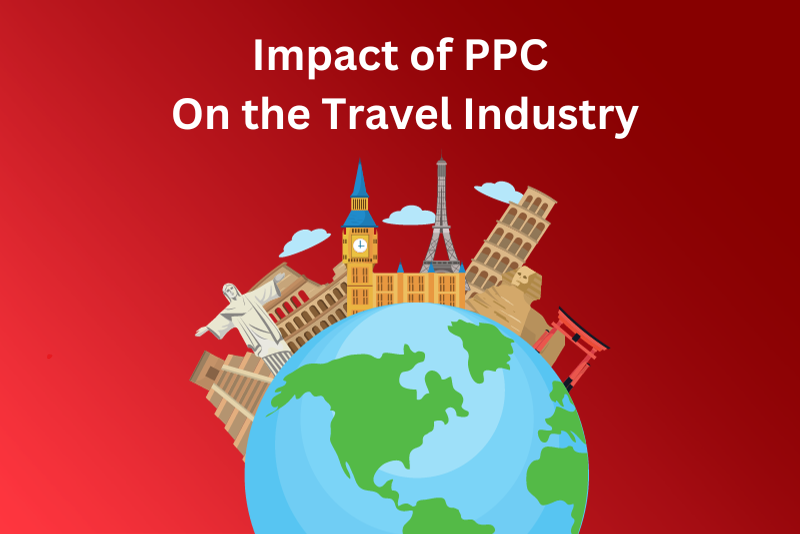
PPC has a significant impact on the travel industry. Here are some of the key ways it’s made a difference:
Improved Visibility
PPC has allowed travel brands to get their ads in front of people actively searching for travel-related products and services. This increased visibility has helped many brands reach a more all-around audience and drive more website traffic.
Most Targeted Advertising
PPC allows travel brands to target their ads to specific demographics, interests, and geographic locations. This targeted advertising means that brands can reach the right people with the right message at the right time.
Affordable Advertising
Unlike traditional forms of advertising, PPC only requires brands to pay when someone clicks on their ad. This means that brands can control their advertising costs more effectively and only pay for the traffic they receive.
Measurable Results
PPC provides travel brands with detailed analytics and reporting. It allows them to gauge the effectiveness of their campaigns and make data-driven conclusions about their advertising strategies.
How to Get Started With PPC for The Travel Business?
Starting with PPC (Pay-Per-Click) advertising for travel businesses is an exciting way to reach potential customers and boost your online presence. Here is a simple guide to help you get started:
Set Transparent Goals
Start by defining your goals for PPC advertising. Are you looking to raise website traffic, generate leads, or drive direct bookings? Having clear goals will help you tailor your PPC strategy accordingly.
Choose the Right Platform
Research different PPC platforms like 7SearchPPC, Google Ads, Bing Ads, or social media outlets like Facebook or Instagram. Evaluate your target audience and which platforms they are likely to use. Select the platform that resembles your goals and budget.
Keyword Research
Conduct thorough keyword research to identify potential travelers’ terms and phrases when searching for travel-related information. Employ tools like Google Keyword Planner or SEMrush to encounter relevant keywords with a good search volume and lower competition.
Create Persuasive Ad Copy
Craft attention-grabbing ad copy that emphasizes the unique selling points of your travel business. Use persuasive language, include compelling offers, and emphasize the benefits of choosing your services. Ensure your ad copy aligns with your landing page for a consistent user experience.
Targeting and Budgeting
Distill your targeting options to reach the right audience. Define your target market’s geographic locations, demographics, interests, and behaviors. Set a budget you are comfortable with and allocate it strategically across campaigns and ad groups to maximize your reach and impact.
Landing Page Optimization
Assure that your landing pages are optimized for conversions. Make them visually appealing, easy to navigate, and mobile-friendly.
Best PPC Advertising Platform for Travel Businesses:
If you are in the travel industry, you may wonder which pay-per-click (PPC) advertising platform is the best for your business. One platform that is often overlooked but is worth considering is 7SearchPPC. Here are some of the benefits of using 7SearchPPC for the travel business:
- Cost-effective: 7SearchPPC offers competitive pricing compared to other PPC platforms, making it an attractive option for small to medium-sized businesses.
- Targeted advertising: Using 7SearchPPC, you can target distinct demographics and locations, ensuring that your ads reach the right audience.
- Easy to use: The platform is user-friendly and intuitive. It allows even those with limited technical knowledge to set up and manage their campaigns.
- Comprehensive reporting: 7SearchPPC provides detailed reporting. It allows you to follow the performance of your campaigns and make informed decisions about your advertising strategy.
How To Measure the Success of Your PPC Ads Campaigns?
Measuring the success of your PPC ad campaigns is crucial in deciding the effectiveness of your advertising efforts. Here are some ways to estimate the success of your PPC ads campaigns:
Conversion Rate:
Track the number of clicks that result in sales or other conversions, such as sign-ups or downloads. This will give you an idea of how effectively your ads drive desired actions.
Cost Per Conversion:
Calculate the cost of each conversion to determine the profitability of your campaigns. This will help you determine whether your advertising budget is being spent effectively.
Click-through rate (CTR):
Monitor the number of clicks your ads receive compared to the number of impressions they receive. A high CTR indicates that your ads are relevant and engaging.
Quality Score:
Google AdWords and other PPC platforms assign a quality score to each ad based on relevance and click-through rate.
Tips to Make Your PPC Ad Copies More Attractive:
Crafting compelling PPC for the travel ad copies is critical to the success of your campaigns. Here are some tips to make your ad copies more attractive:
- Use attention-grabbing headlines: Your headline should be concise and capture the reader’s attention, highlighting the benefits of your product or service.
- Focus on the benefits: Rather than listing features, focus on your service’s benefits and how it solves a problem for the reader.
- Use a clear call to action: Tell the reader what you desire them to do, such as “Click here to learn more” or “Buy now.”
- Keep it short: PPC ad copies have limited character space, so keep your message concise and to the point.
The Bottom Lines:
So, readers, finally, we are done with our topic. In conclusion, PPC for travel advertising has revolutionized the whole travel industry. It provides businesses with improved visibility, targeted advertising, affordability, and measurable results. With the right strategy and execution, even small and medium-sized travel businesses can harness the power of PPC to attract more customers and increase revenue. Consider platforms like 7SearchPPC that can help you take your travel business to the next level in a short time.

